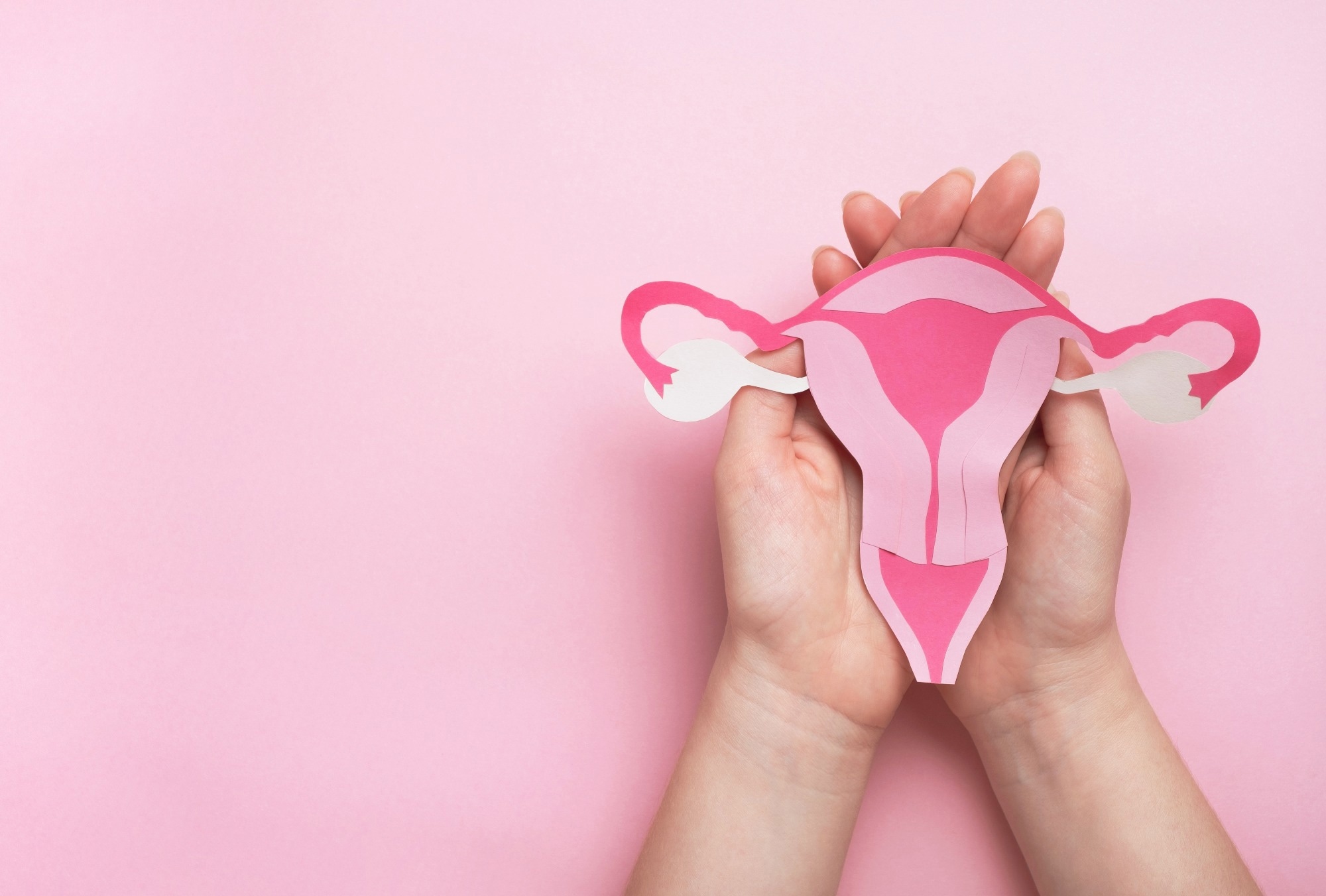Everyone talks about the benefits of using essential oils, but jojoba oil in particular is one that’s gotten some of the most praise in recent years. If you’ve ever taken a stroll down the haircare aisle at your local beauty store, you may notice it being listed as an ingredient in many a product, likely because jojoba oil is loaded with benefits (Native Americans in California used to use it to treat sore throats, wounds, sunburns, and poison ivy—amongst other complications).
Meet Our Experts: Mona Gohara, MD, Women’s Health advisory board member, board-certified dermatologist, and associate clinical professor for the department of dermatology at Yale School of Medicine, Blair Murphy-Rose, MD, FAAD, board-certified cosmetic and medical dermatologist at the Laser & Skin Surgery Center of New York and Clinical Instructor of Dermatology at Weill Cornell Medical College
If you’re curious to learn about all the benefits of using jojoba oil for hair—along with tips on how to apply it—read on for more details.
What are the benefits of using jojoba oil on hair?
When it comes to hair, the effects of jojoba oil are pretty straightforward.
- It helps reduce frizz: “Jojoba oil creates a coating around the follicle and locks in moisture,” explains Mona Gohara, MD, a Women’s Health advisory board member, board-certified dermatologist, and associate clinical professor for the department of dermatology at Yale School of Medicine. “When you protect the cuticle, it’s going to be less vulnerable to humidity and outdoor elements that create frizz.”
- It may make hair appear fuller: Keeping in mind the above regarding how jojoba oil creates a coating around the hair, you can also think of how it works like a sponge. “When a sponge absorbs water, it gets bigger, and it appears full,” says Dr. Gohara. “It’s the same thing with hair follicles.” Does that mean that you have more hair per se? No. But does it appear that way? Yes. Using it on your hair may help create volume if your strands typicall appear thin.
- It can help with psoriasis: Jojoba oil has anti-inflammatory properties and antimicrobial properties, which can be helpful for those with psoriasis. In fact, studies have shown that the oil is able to decrease inflammation in both psoriasis and eczema, says Blair Murphy-Rose, MD, FAAD, a board-certified cosmetic and medical dermatologist at the Laser & Skin Surgery Center of New York and Clinical Instructor of Dermatology at Weill Cornell Medical College.
- It can help with dandruff: Jojoba oil can also serve as an antifungal, which can relieve some symptoms of dandruff. Still, Dr. Murphy-Rose notes that she wouldn’t consider jojoba oil as the first choice of treatment—a good place to start might be with a dandruff shampoo that can nix the flakes with ingredients like salicylic acid and zinc pyrithione.
- It can prevent breakage: Jojoba oil is not directly linked to hair growth—no product is. That said, it can prevent breakage by protecting the hair strands, allowing you to retain length in the long run. (This is mainly due to the fact that it mimics sebum.) On the other hand, people with dandruff or psoriasis might see increased growth, since the decrease in dandruff and scalp irritation can promote healthier growth. “If jojoba oil were able to improve your dandruff or psoriasis, it goes along the same lines,” says Dr. Murphy-Rose. “Anything that decreases inflammation in the scalp can help to promote hair growth because we know that inflammation on the scalp does the opposite.”
How to use jojoba oil on hair
There are endless ways to use and apply jojoba to hair. “When it comes to hair, there’s so much diversity in the type of hair, the texture of hair, and hairstyles, so there’s not one way to [use it],” says Dr. Gohara.
To reap the benefits of jojoba oil, you can apply a small amount to your roots for conditioning, leave it in overnight as a mask, or leave it to sit in your hair under a shower cap as a mask for about 30 minutes time. If you have braids or a protective style, you can apply it directly to the scalp as a moisturizer. And if you have curly hair, you can put a few pumps in your palm before scrunching your curls as you would during styling.
How often can I use jojoba oil on my hair?
Everyone’s hair is different, so there’s no one answer on how frequently it should be used. “I have patients who use oil on their scalp every day, and some people use it once a week,” says Dr. Gohara. “It really depends.”
Dr. Murphy-Rose adds that those with dryer textures can use it a few times a week. But if you want to apply it on the scalp, you should be mindful that you don’t accidentally overdo it—too much of the oil may cause buildup. In short, it may take some trial and error to figure out what’s best for you.
Who shouldn’t use jojoba oil?
While there’s no textbook rule on who can use jojoba oil, it can cause other flare-ups for those who struggle with oily scalp, acne, or folliculitis.
“For some people with an oily scalp or who are prone to acne, they may actually find that jojoba oil doesn’t help that much. A lot of that is because some products that contain jojoba oil can have other ingredients in them,” says Dr. Murphy-Rose. “Most oils promote acne or folliculitis. So you just have to be careful about what other ingredients you are using at the same time.”
She also adds that it’s important to do a spot treatment to make sure you’re not allergic. To do a spot test, simply apply a small amount to the back of the wrist once a day for a few days and wait five to six days for a reaction. “Most hypersensitivity reactions to skincare products are called a delayed hypersensitivity reaction,” says Dr. Murphy-Rose. “So it doesn’t happen immediately. It usually happens between five to seven days after the exposure, which makes it often hard to figure out what could have caused a rash.”
If you’re still unsure if jojoba oil is right for you, reach out to your doctor for a consult.

Sabrina is an editorial assistant for Women’s Health. When she’s not writing, you can find her running, training in mixed martial arts, or reading.








